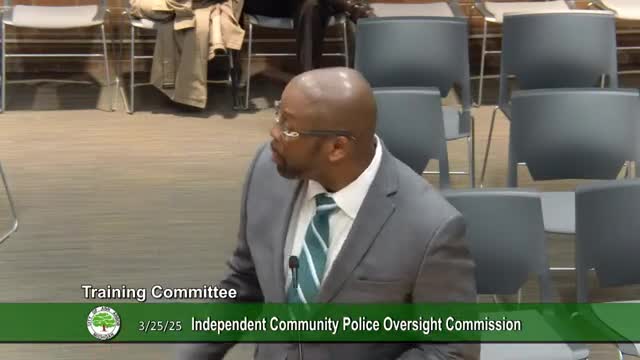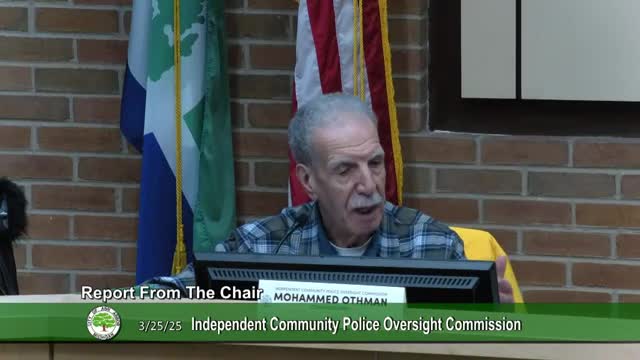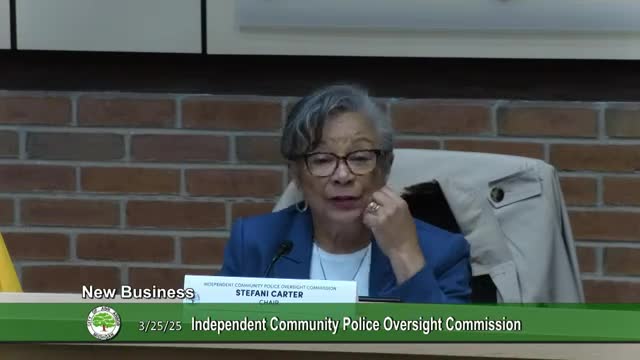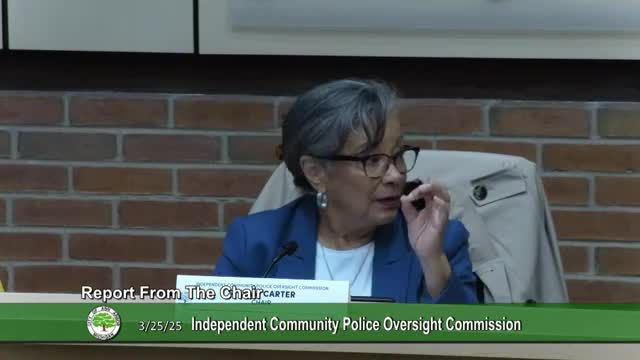Article not found
This article is no longer available. But don't worry—we've gathered other articles that discuss the same topic.

Commission and APD plan joint training and transparency sessions; chief outlines video and AI tools

Commission hears about 11 parking complaints; police say policies will be revised and complaint tracking centralized

Commission weighs follow-up study on Driving Equality Ordinance as two-year mark approaches

